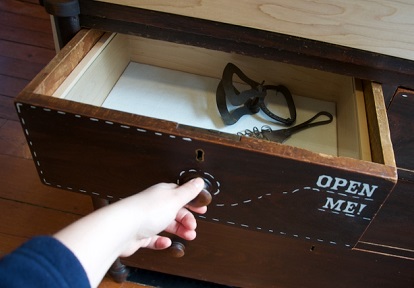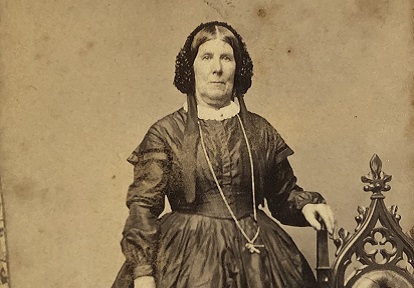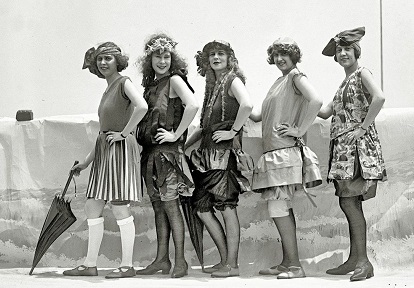From medicine and agriculture to astronomy and navigation, Indigenous peoples have made countless contributions to the world’s body of knowledge!
This online exhibit explores a few of the many remarkable inventions and discoveries made by Indigenous, Métis, and Inuit peoples.
Illustrations by Aybuke Yayan.
Growing Corn
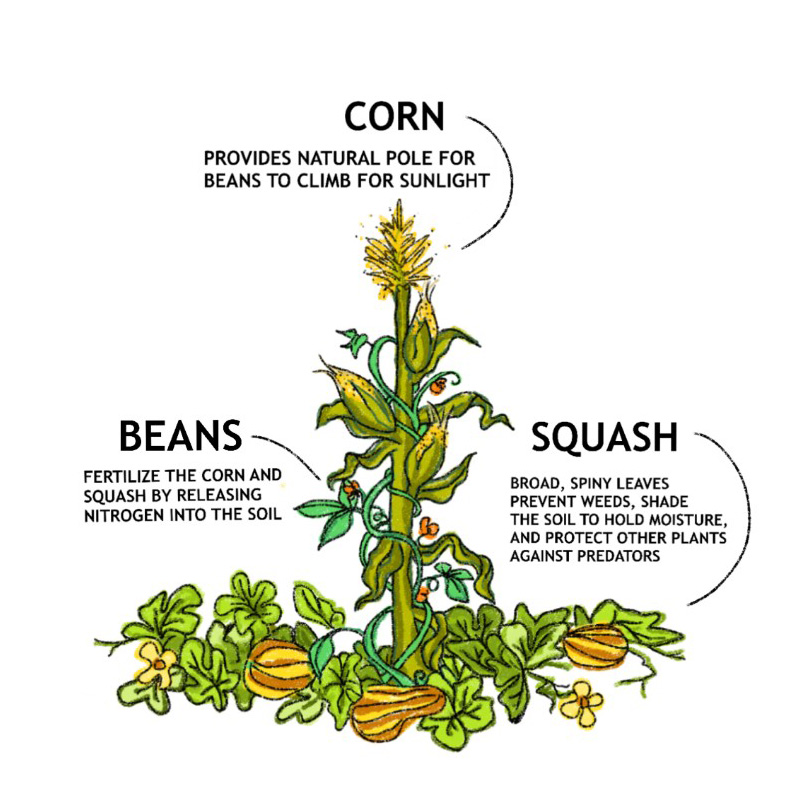
Indigenous peoples in Ontario discovered corn by selectively breeding wild grasses, resulting in the development of maize, a crop that became a staple food source. The Three Sisters method (shown above), which involves planting corn, beans, and squash together, was also developed to improve crop yields and soil health.
Willow Bark
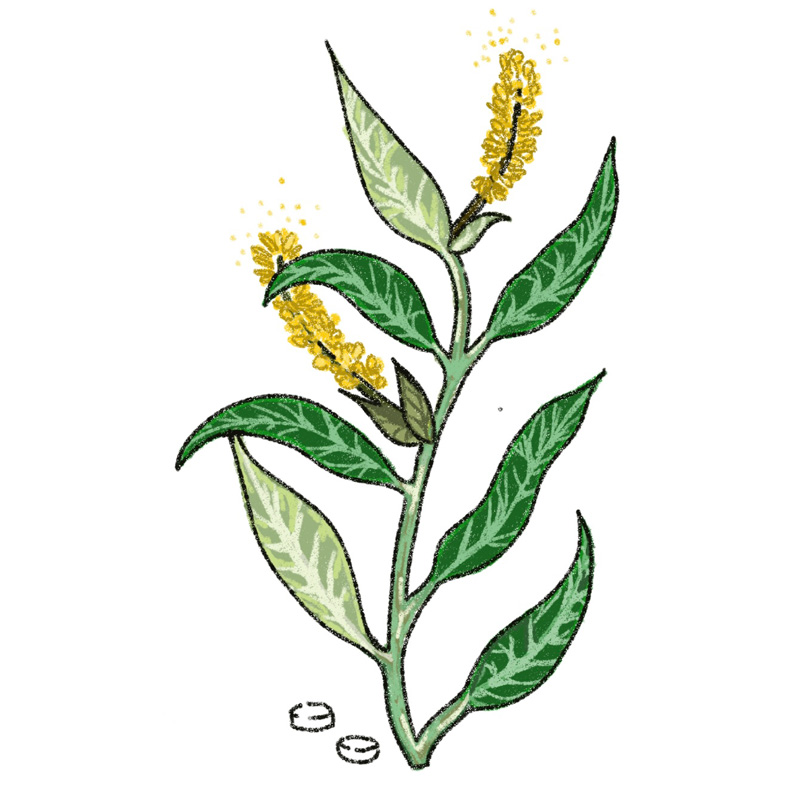
Many Indigenous innovations in health and medicine have been around for thousands of years, predating and contributing to Western medicine. Indigenous peoples in Canada discovered that when steeped in water, willow bark could be used as a natural pain reliever due to its active ingredient, salicin. Today, salicin is the basis for aspirin.
Goggles
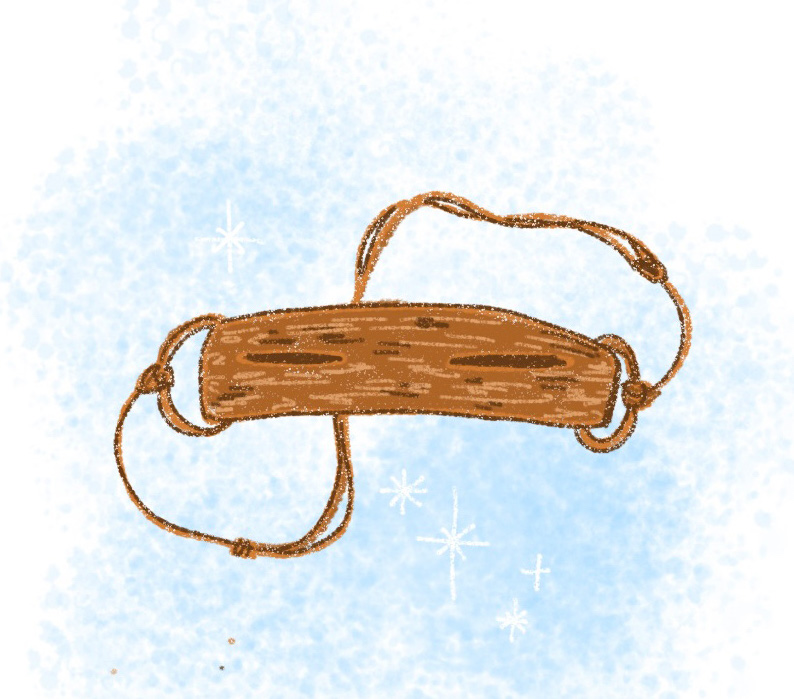
Inuit peoples in Arctic regions invented goggles to protect their eyes from snow blindness, using materials such as bone, ivory, and wood with narrow slits to allow vision while blocking out bright light. Today, the use of goggles has spread beyond Inuit communities and is an essential piece of equipment for winter sports and outdoor activities!
Snowshoes
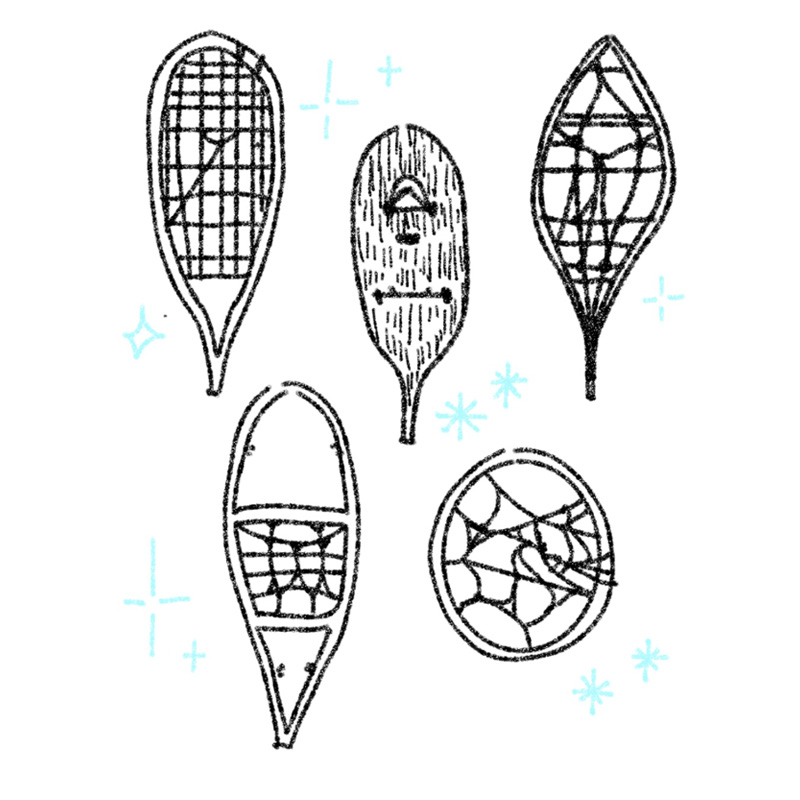
Snowshoes are footwear designed to distribute the weight of a person while they walk over deep snow, preventing them from sinking. The earliest snowshoes were made from wood and animal hide, but over time, a range of styles and materials were developed, such as rawhide, sinew, and babiche. There are many different shapes and styles depending on the nation. While Indigenous peoples used them for travel, snowshoeing has since become a popular Canadian pastime!
Wild Rice
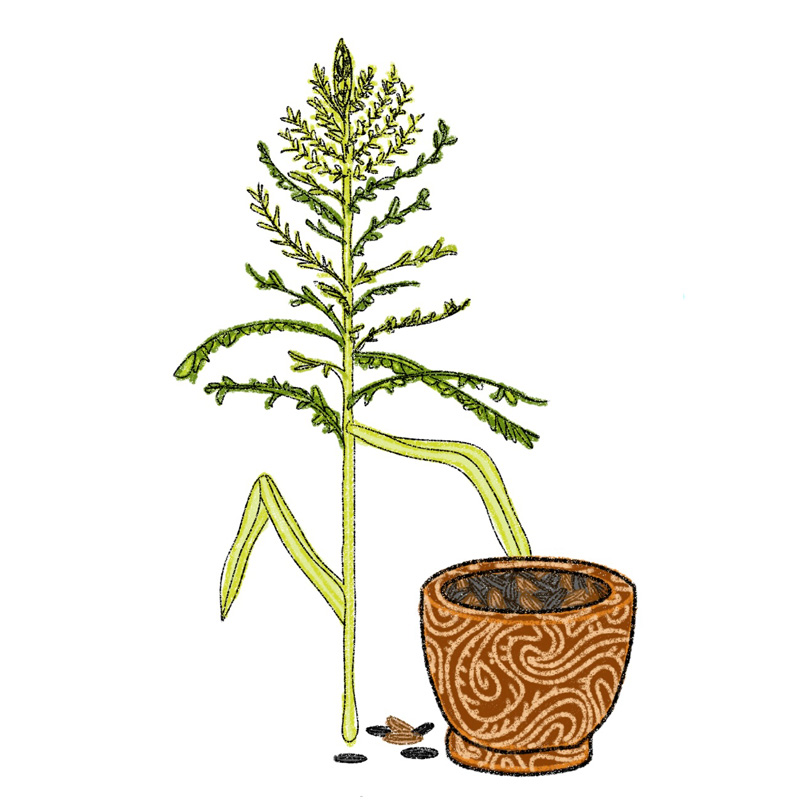
Did you know that wild rice is Canada’s only native cereal? Indigenous peoples in Canada discovered and cultivated wild rice, a nutritious grain found in shallow lakes and streams. Grown from seed annually, Indigenous peoples developed sophisticated techniques for harvesting and processing wild rice, using it as a staple food and an important part of their cultural traditions. The entire wild rice plant provides food in the summer for herbivores such as Canadian geese, trumpeter swans, muskrats, beavers, white-tailed deer, and moose!
Lacrosse
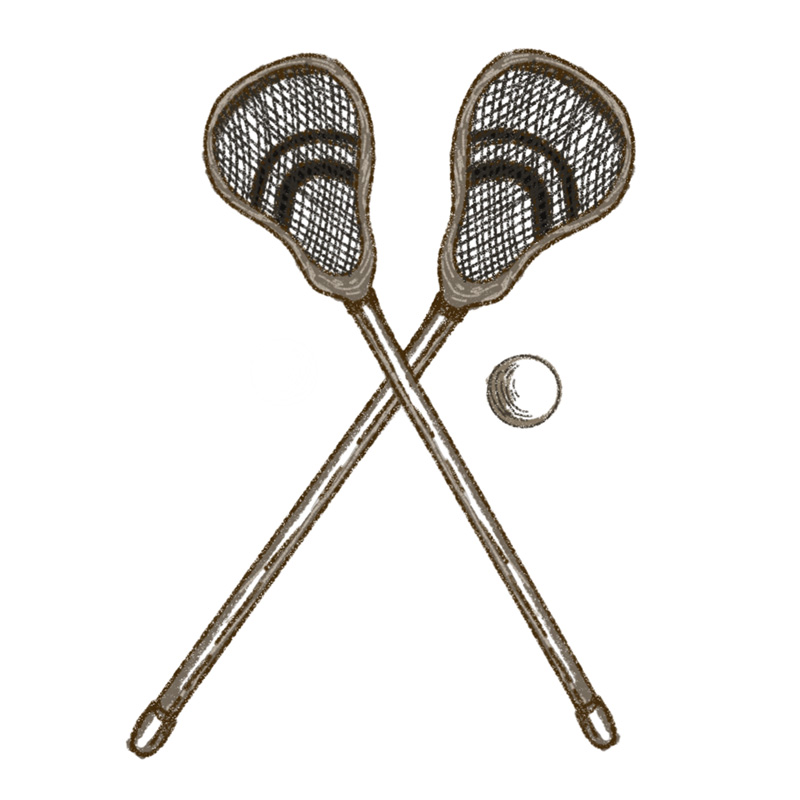
Indigenous peoples invented lacrosse, a team sport played with a small rubber ball and long-handled racquets. The birth of lacrosse is a tale that has been passed down orally since time immemorial, called The Great Game, between four-legged animals and birds. Children in Indigenous communities growing up around the game hear this story from their Elders and coaches from the moment they pick up a lacrosse stick. The game was originally played for spiritual and healing purposes and served as a way to resolve conflicts between communities. Today, lacrosse is a popular sport played by people around the world. In 1994 it became Canada’s national summer sport.
Birchbark Canoe
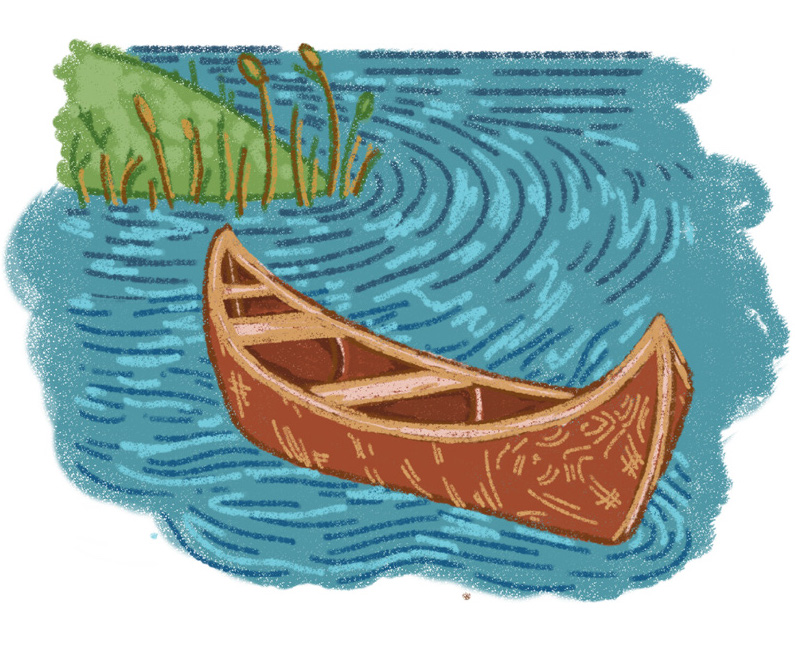
Indigenous peoples in Canada invented the birchbark canoe, a lightweight and efficient mode of water transportation. Canoes were an essential tool for hunting, fishing, and transportation, and were crucial to Indigenous trade and cultural exchange. Although most canoes today are no longer constructed of birchbark, canoes are still used for recreation and the historical legacy of its popularity have made it an important symbol of Indigenous culture, and a Canadian cultural icon.
If you want to continue learning about discoveries and inventions, visit our Invented: Propelled by Imagination exhibit, currently on display at the Village.
More Exhibits


